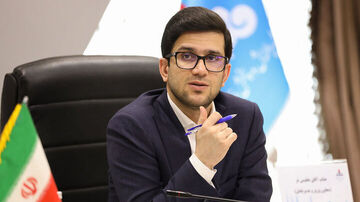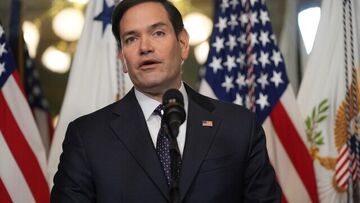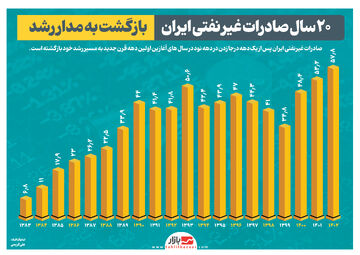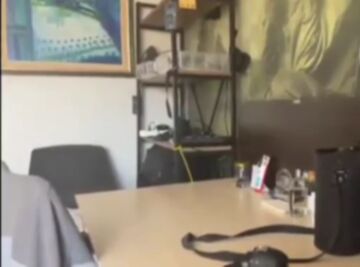TEHRAN(Bazaar) – William O. Beeman, Professor Emeritus of University of Minnesota, says the United States is in effect agreeing to removing the sanctions associated with the JCPOA, but not other sanctions and issues.
He adds that “In a sense, this is good news for Iran, because the U.S. is not making these other issues preconditions for restoration of the JCPOA.”
Following is the text of the Bazaar interview with Professor William O. Beeman.
Bazaar: “If Iran wants to lift sanctions beyond the JCPOA, they must address our concerns beyond the JCPOA,” State Department spokesman Ned Price said recently. Based on this, Price seems to mean that the removal of the IRGC from the US terrorist list requires talks beyond the JCPOA, and this issue will not be resolved in the form of the JCPOA. What is your assessment?
Beeman: The United States is using strict adherence to the conditions of the JCPOA as a bargaining chip to extract further concessions from Iran. This means that if the JCPOA is restored, only the sanctions that were reinstated due to the withdrawal of the United States from the JCPOA would be removed. This is the United States' strategy for getting Iran to go beyond the provisions of the JCPOA into other areas, such as support for Hezbollah and other regional forces, development of ballistic missiles, and human rights activities (imprisonment of dual-national Iranian-Americans). The inclusion of the IRGC in the list of terrorist organizations and the economic sanctions placed on it was a separate action from the JCPOA, and the U.S. position is that removal of IRGC from the terrorist list would have to be a separate negotiation.
Bazzar: Price has also said that if Iran does not want to use nuclear talks to resolve other bilateral issues, we are confident that we can reach an agreement on the JCPOA very soon and start re-implementing the agreement. Does Price mean that the JCPOA can be revived independently of Iran's regional policy and missile program, but that sanctions labeled as non-nuclear remain?
Beeman: As I said above, the United States is in effect agreeing to removing the sanctions associated with the JCPOA, but not other sanctions and issues. In a sense, this is good news for Iran, because the U.S. is not making these other issues preconditions for restoration of the JCPOA. So, yes, Price is in effect saying that the United States is willing to move forward with restoration of the JCPOA without these other issues.
Bazaar: What are the reasons for the complexity of the JCPOA in the current period?
Beeman: The primary complicating issues are, first, the Iranian demand that the IGRC be removed from the U.S. list of terrorist organizations. Second is the insistence by Russia that the its economic and other relations with Iran not be affected by current sanctions imposed on it as a result of the conflict in Ukraine. These two issues are outside the parameters of the JCPOA agreement, and they are creating roadblocks to restoring the JCPOA and lifting sanctions imposed when the United States withdrew.
Bazaar: Iran has stated that if the nuclear deal is not finalized, the International Atomic Energy Agency (IAEA) camera film installed under the extra-safeguards agreement will probably be deleted. In this case, Iran will continue to cooperate with the IAEA in accordance with the Agency's safeguards agreements, but the extra- safeguards agreements that Iran has accepted under the JCPOA will terminate. What will be the US reaction in this situation?
Beeman: The United States may be upset and raise objections, but as long as the United States remains outside of the JCPOA it has no authority to do anything to affect the way the JCPOA is being implemented. In the case you mention, the United States might pressure other signatories to the JCPOA to sanction Iran, or take other action, but until the United States returns to the agreement, it has no more ability to act than some other nation that has no part in the agreement, such as Israel. As long as Iran remains within the parameters of the Nuclear Non-Proliferation Treaty (NPT), Iran is operating within the parameters of international law. The JCPOA is merely an adjunct to the NPT.















نظر شما